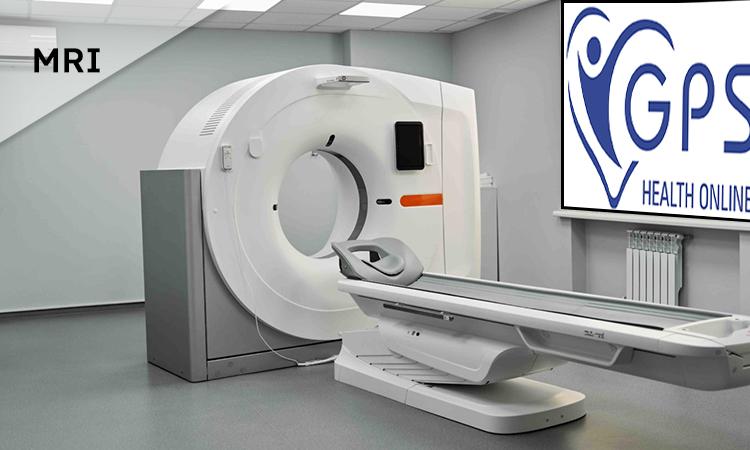
MRI Arthrogram
| Test Name: | MRI Arthrogram |
|---|---|
| Test Component: | MRI stands for Magnetic Resonance Imaging. It is a medical imaging technique that uses a strong magnetic field and radio waves to create detailed images of internal structures of the body. It is commonly used to diagnose and monitor conditions affecting the brain, spine, joints, and other organs.
At GPS HEALTH ONLINE, we offer MRI services that utilize state-of-the-art equipment and technology. Our team of experienced radiologists and technicians ensure that the MRI scan is conducted safely and accurately. We also offer competitive pricing and flexible scheduling options to make the process as convenient as possible for our patients.
additionally, we understand that undergoing an MRI can be stressful for some patients, so we strive to create a comfortable and calming environment to help alleviate any anxiety or discomfort.
|
| Testing Cut-off Time: | - |
| Methodology: | Magnetic resonance (MR) methods are non-invasive techniques to provide detailed, multi-parametric information on human anatomy, function and metabolism. Sensitivity, specificity, spatial and temporal resolution may, however, vary depending on hardware (e.g., field strength, gradient strength and speed) and software (optimised measurement protocols and parameters for the various techniques). Furthermore, multi-modality imaging may enhance specificity to better characterise complex disease patterns.. |
| Description: | MRI stands for Magnetic Resonance Imaging. It is a medical imaging technique that uses a strong magnetic field and radio waves to create detailed images of internal structures of the body. It is commonly used to diagnose and monitor conditions affecting the brain, spine, joints, and other organs. At GPS HEALTH ONLINE, we offer MRI services that utilize state-of-the-art equipment and technology. Our team of experienced radiologists and technicians ensure that the MRI scan is conducted safely and accurately. We also offer competitive pricing and flexible scheduling options to make the process as convenient as possible for our patients. additionally, we understand that undergoing an MRI can be stressful for some patients, so we strive to create a comfortable and calming environment to help alleviate any anxiety or discomfort. . |
| Collection Instruction: | On arrival at the hospital, doctors may ask the patient to change into a gown. As magnets are used, it is critical that no metal objects are present in the scanner. The doctor will ask the patient to remove any metal jewellery or accessories that might interfere with the machine. A person will probably be unable to have an MRI if they have any metal inside their body, such as bullets, shrapnel, or other metallic foreign bodies. This can also include medical devices, such as cochlear implants, aneurysm clips, and pacemakers. |
| Department: | Diagnostics Scans |
| TAT: | - |
| REQUISITIONS AND CLINICAL PREREQUISITES: | Your test may have been scheduled with sedation. If you need to be given a drug to make you drowsy, a nurse will give you more instructions. You may take all medicines. You may eat and drink unless you are having an MRCP, a specific exam for your gallbladder. A non‐iodine contrast medication may be injected into your vein through an IV line to make a better, clearer picture. Notify your physician and the MRI technologist if you have had a reaction to gadolinium in the past. Notify your technologist if you receive dialysis or have kidney disease. Tell your doctor and the MRI technologist if you have any metal objects inside of your body. These may include a pacemaker, aneurysm clips, a metal plate, and staples from recent surgery or prosthesis. Tell your doctor and the MRI technologist if there is flying metal debris where you work. If any debris has ever been lodged in your eyes, this test may harm your retina. The radiologist may order an X‐ray to see if there is any metal in eye. |



